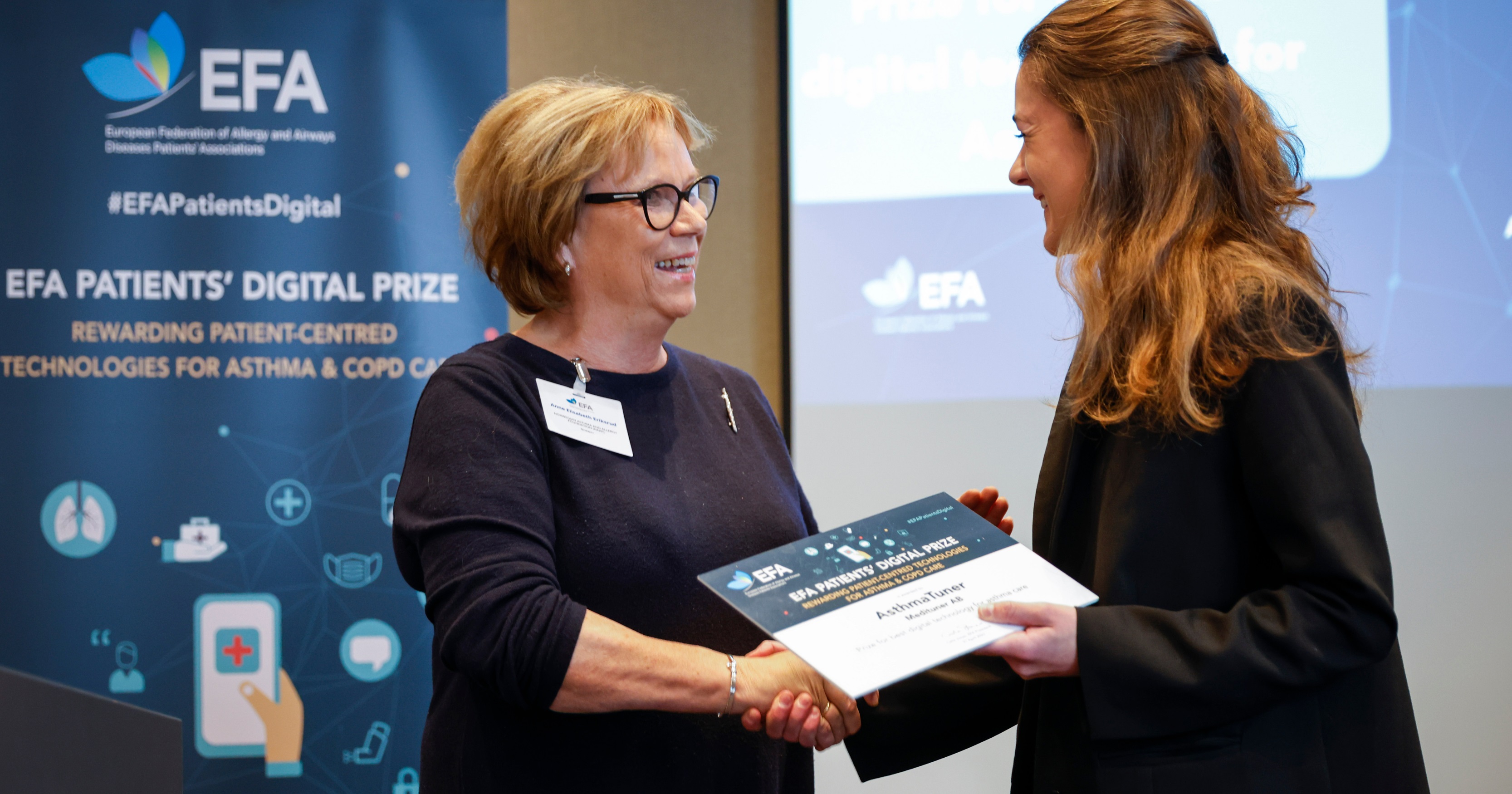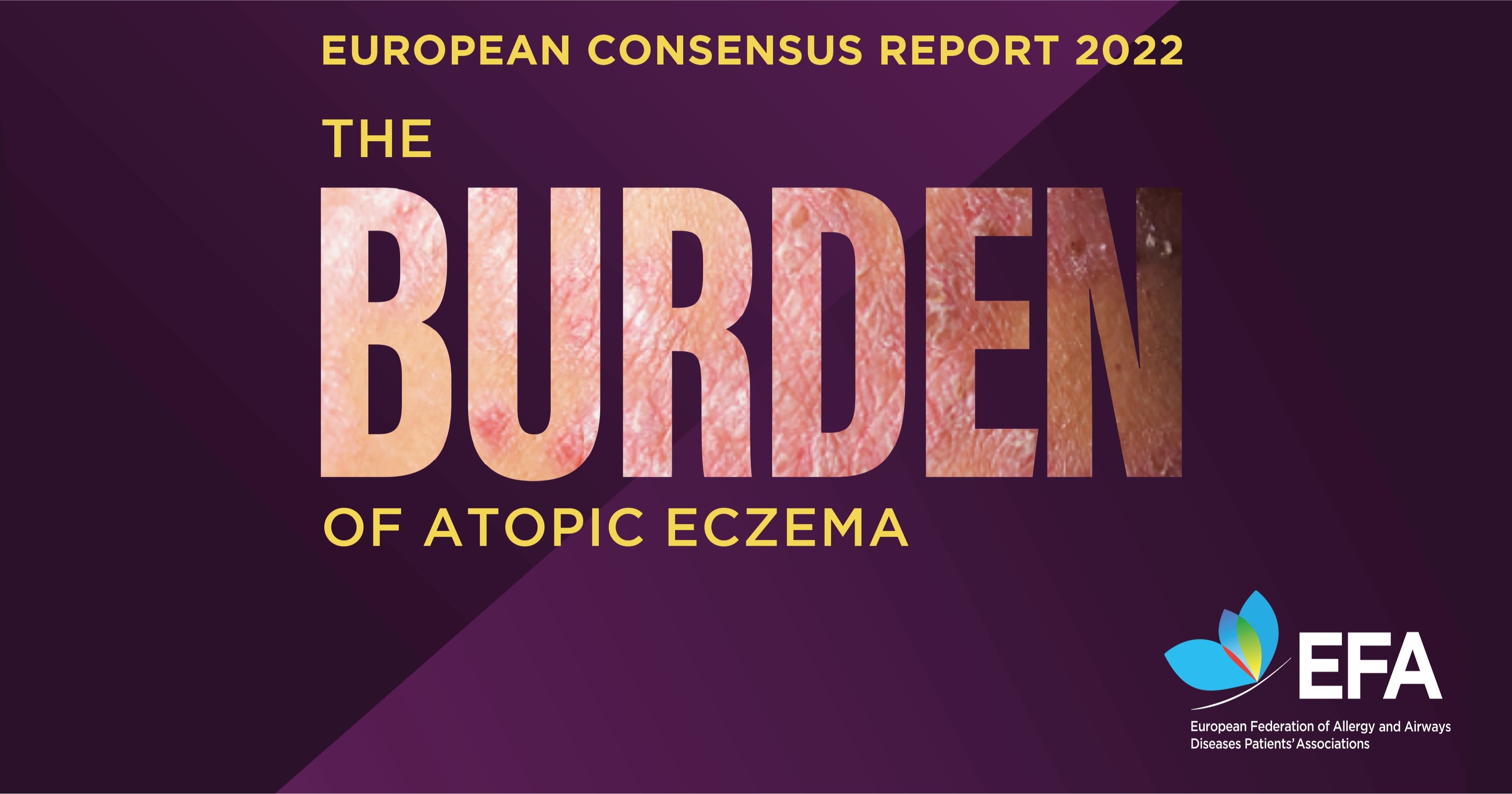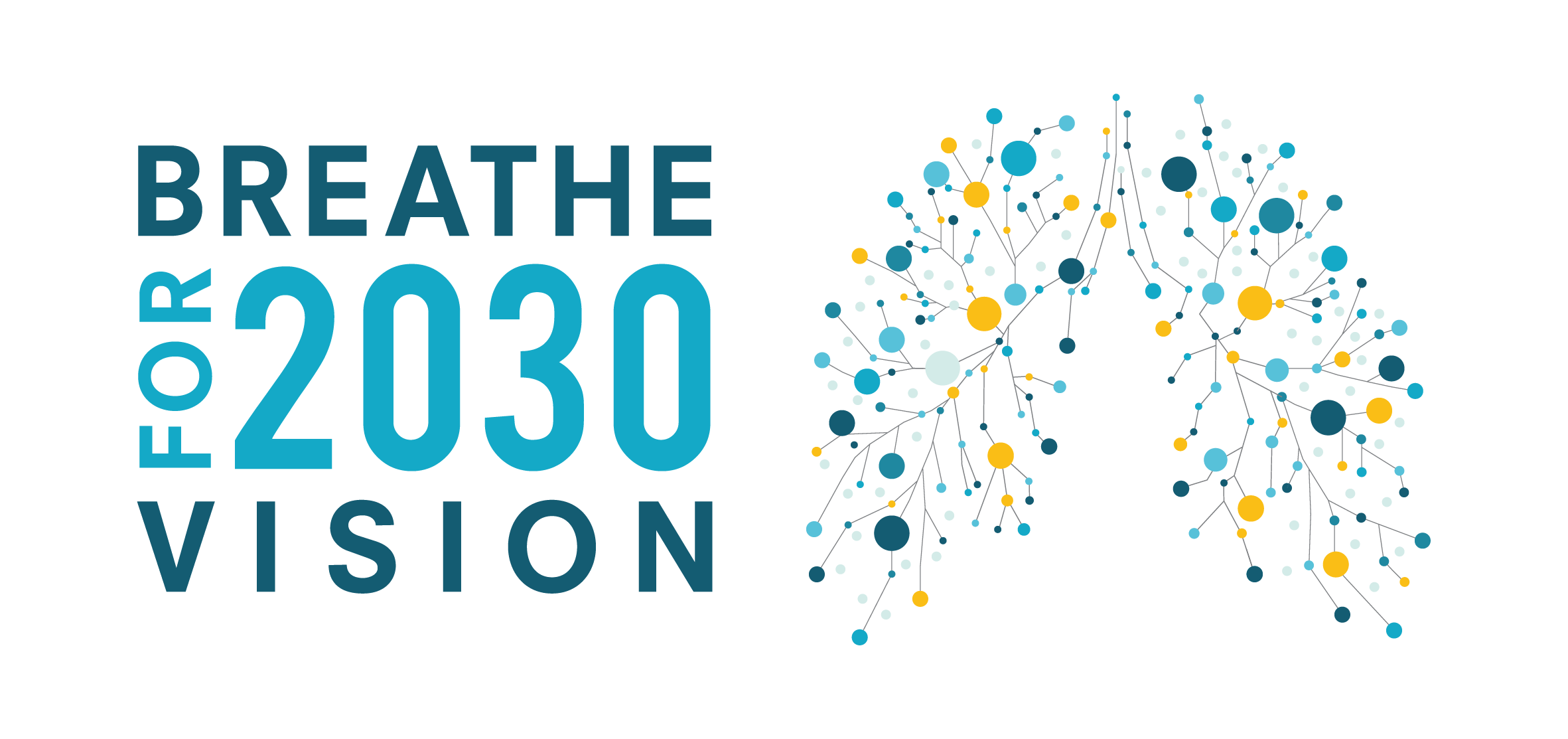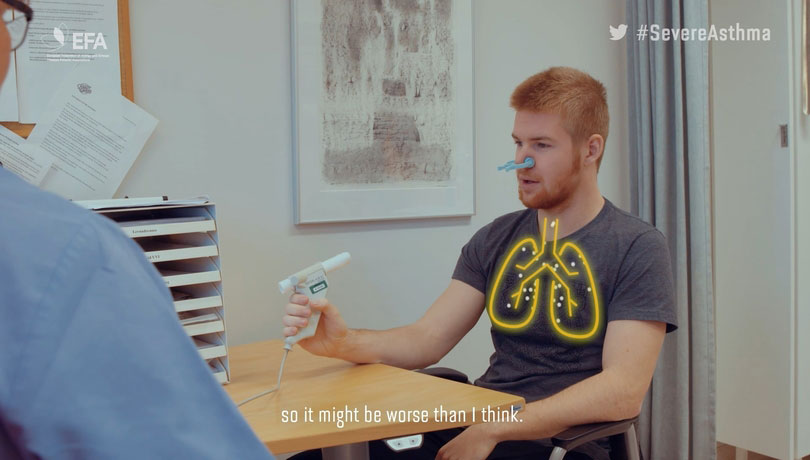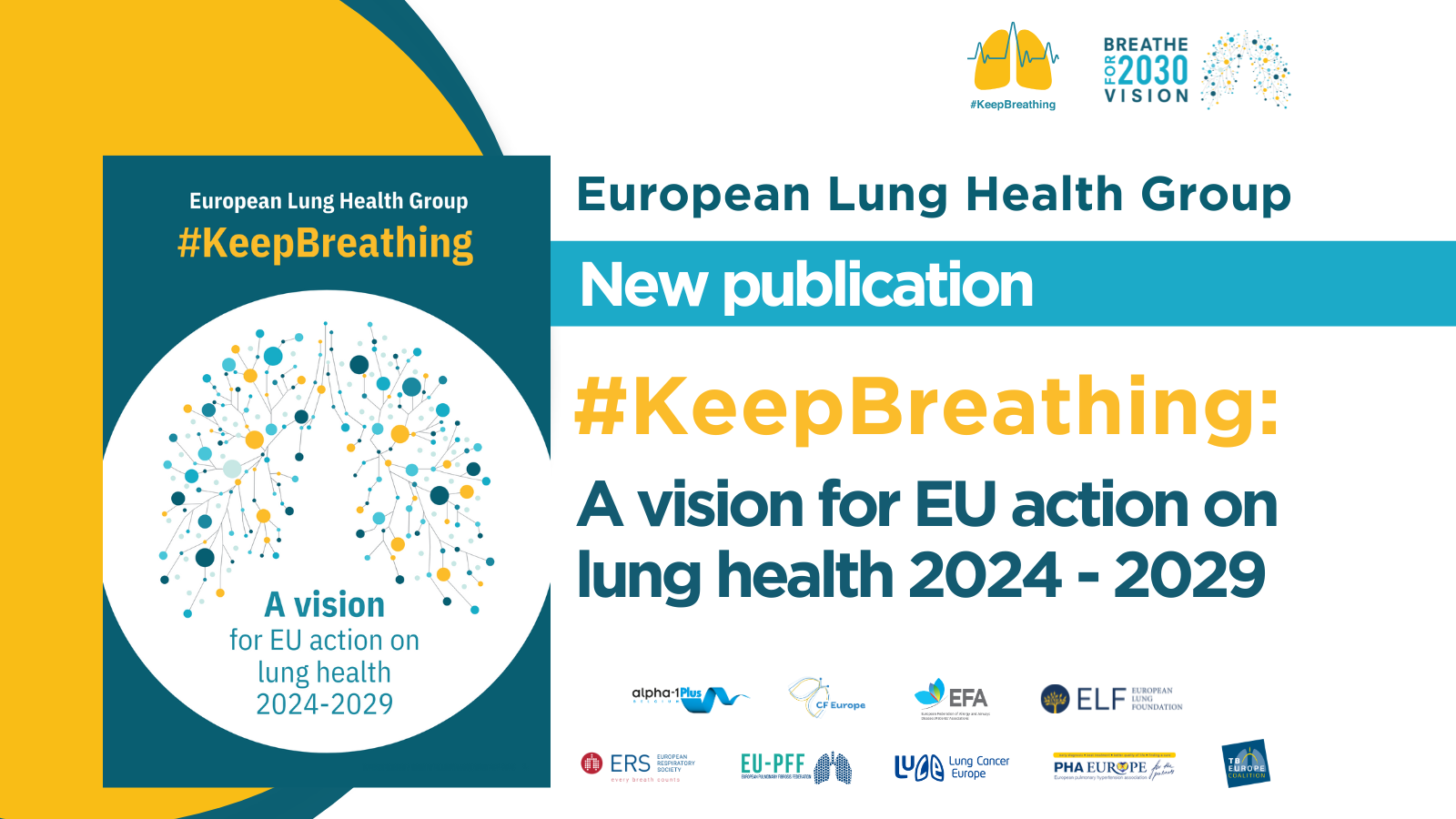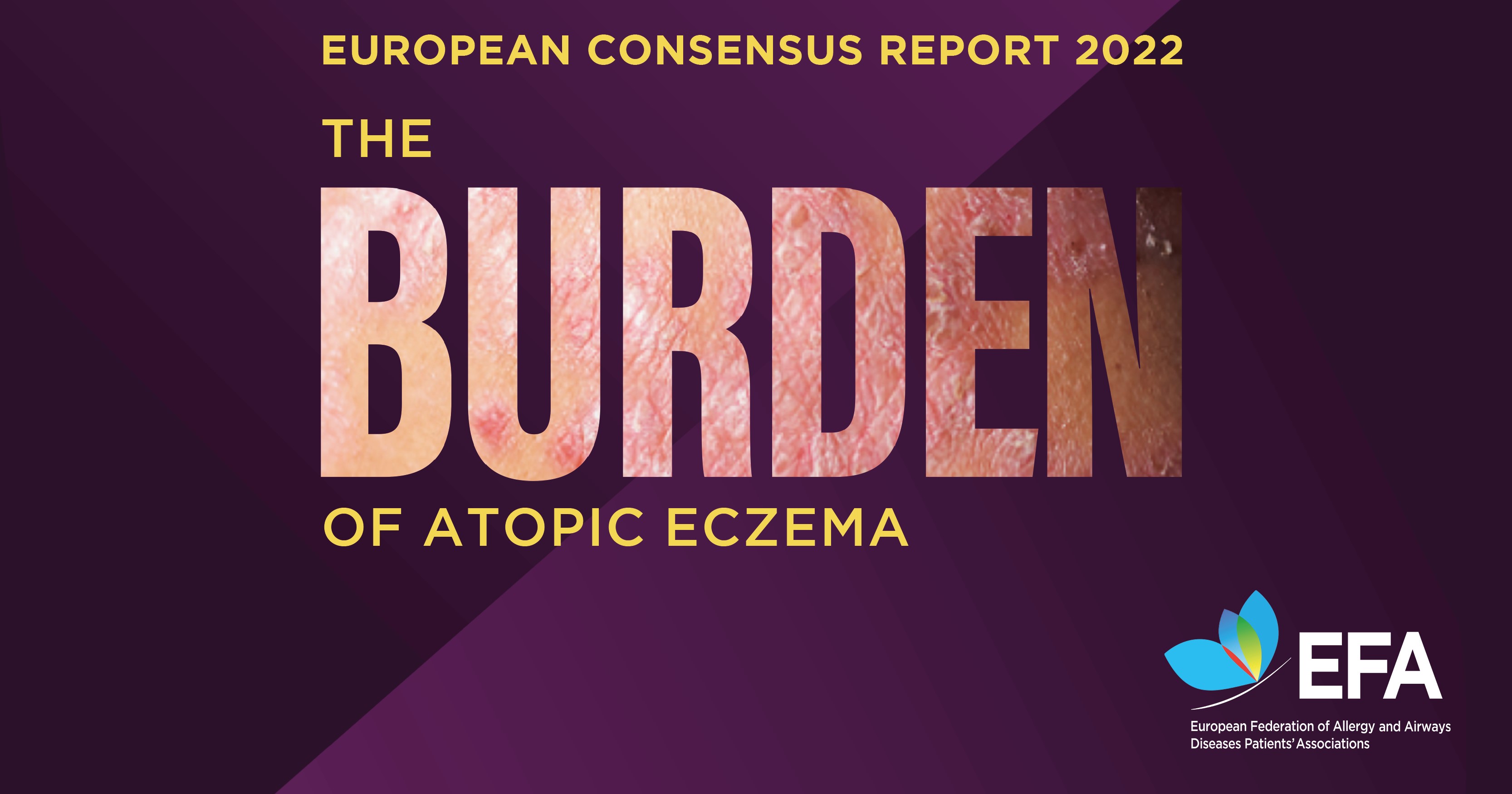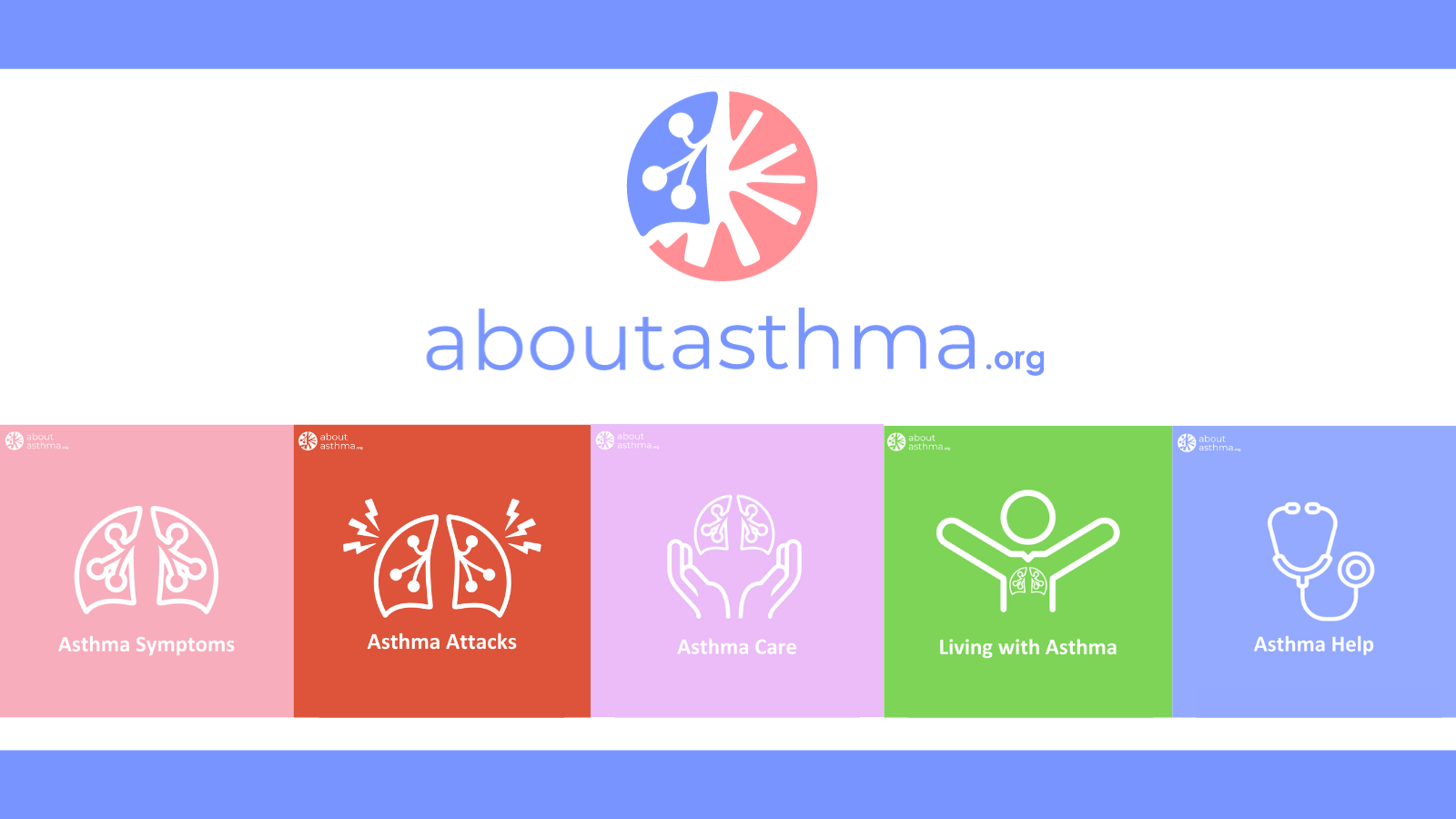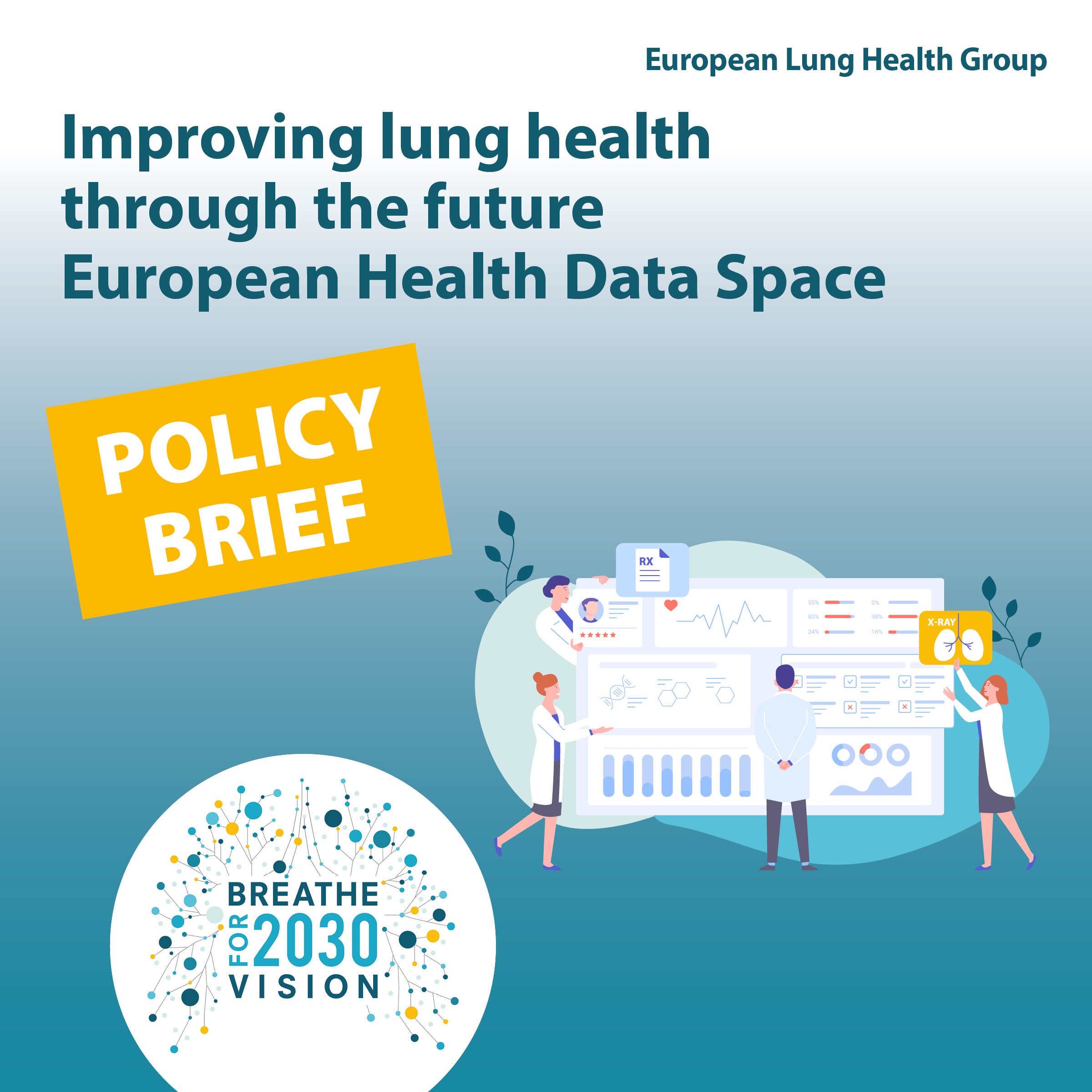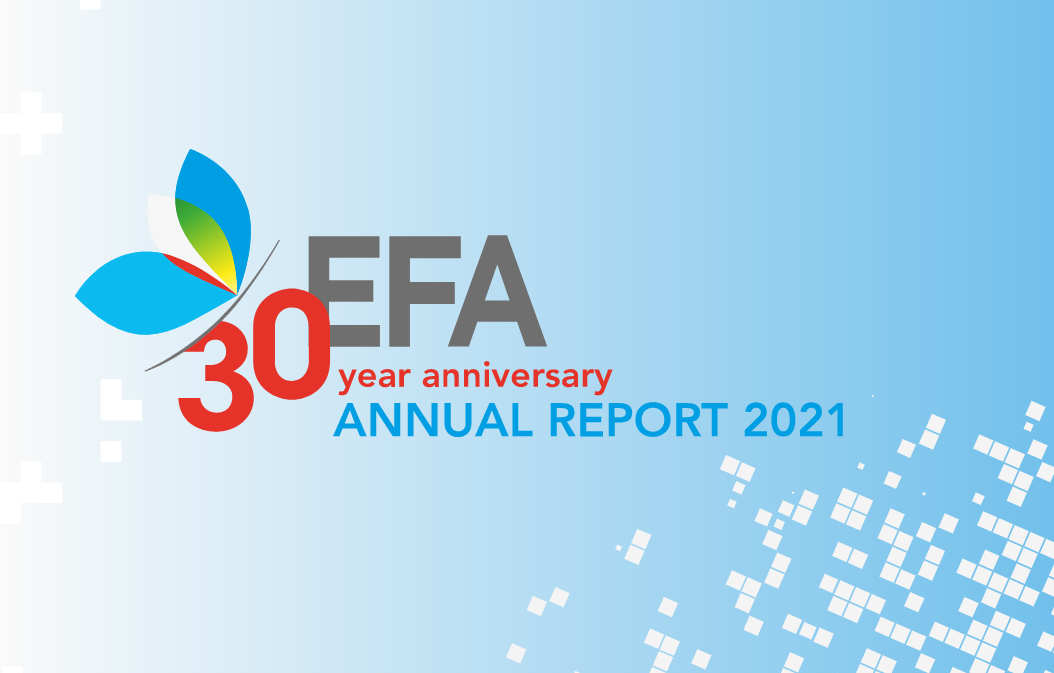Ten easy steps to defeat difficult-to-manage asthma
What action would you take to stop 10 jumbo jets crashing every week of the year, to prevent the deaths of nearly 700 people on board each time, when regular systematic checks of each aircraft could virtually eliminate the problem? Each day nearly 700 people die because of asthma. Most of these deaths are preventable, often related to inadequate long-term medical care.
The International Primary Care Respiratory Group (IPCRG) launches today a briefing for policy makers on the guidance “Ten steps to improve the value of asthma care”. The document supported by the European Federation of Allergy and Airways Diseases Patients' Associations (EFA) aims at improving asthma outcomes and/or reducing costs to produce the best possible value* for patients and healthcare systems.
- Target difficult-to-manage asthma as a priority for improving value and equity of healthcare
- Strengthen and support primary and community health services and improve interaction with hospital services
- Introduce a national asthma plan and include difficult-to-manage asthma
- Provide access to tests for diagnosing asthma and respiratory allergies supported by training in diagnostic testing and interpretation of results for GPs and nurses
- Empower people with difficult-to-manage asthma to self-manage their condition
- Reimburse annual structured reviews in primary care for people with asthma (using a structure such as SIMPLES proposed by the IPCRG)
- Support research that helps to answer questions about effective prevention strategies, the impact of other diseases on asthma, how to promote adherence to optimal treatment by both professionals and patients and advanced patient-centred care that helps people “co-manage” or self care
- Support systematic and shared data collection on difficult-to-manage asthma
- Include difficult-to-manage asthma in tobacco control policies
- Develop policies that reduce the impact of environmental factors on asthma at home, work and more widely.
If up to 10% of the population has asthma, which untreated can be fatal, we need a system that is effective and affordable. The system should support the person to manage their own condition most of the time with support from primary care to give them the knowledge, confidence and appropriate treatments to gain and maintain asthma control, and for those where that isn’t sufficient, referral to a multi-disciplinary difficult-to-manage asthma clinic using a letter like the one proposed by IPCRG.
Background information:
Difficult-to-manage asthma is asthma that either the person affected or the clinician finds difficult to manage. This includes people:
- With severe asthma, whose asthma remains uncontrolled despite best treatment
- A number of these have other diseases which may be amendable to treatment
- Who – for various reasons – do not take their treatment as recommended
- With other conditions affecting their asthma, including allergy and other diseases
The SIMPLES structure, adopted by the IPCRG, suggests that at every review of a patient with asthma, the practitioner checks: Smoking, Inhaler, Monitoring, Pharmacotherapy, Lifestyle, Education, Social and informal Support.
The World Health Assembly has adopted a global target of a 25% reduction in premature mortality from non-communicable diseases by 2025 including chronic respiratory diseases. Asthma is an extremely common non-communicable disease (NCD) that can kill but with correct diagnosis and management patients can be symptom-free and their condition will not worsen. Asthma cannot yet be prevented but the disabling symptoms can be prevented if the person with asthma gets the right diagnosis and takes the right medicine in the right way daily.
The World Health Organisation (WHO) estimates that 235 million people worldwide suffer from asthma. Around 30 million people in Europe have asthma, and as many as 6 million of these people suffer symptoms that are characterised as severe. WHO estimates the economic costs associated with asthma exceed those of tuberculosis (TB) and HIV/AIDS combined:
- In the US annual asthma care costs (direct and indirect) exceed US$6 billion.
- The UK spends about US$1.8 billion on asthma care and because of days lost at work.
- In Australia, annual medical costs associated with asthma reach almost US$460 million.
- Health-related annual costs of one patient with severe asthma is 750 US$ for the Public Health System and 807 US$ for their families (almost one-third of median total family annual income) in Salvador, Brazil.
- The total cost of asthma in Europe is 17.7 billion EUR per year, and productivity lost to patients’ poor control of their asthma is estimated at 9.8 billion EUR per annum.
There is an 11-fold difference in hospital admission rates for asthma between countries with the highest rates and those with the lowest – most asthma-related deaths occur in low- and lower-middle income countries. “Value” in healthcare is defined as patient outcomes divided by the cost of producing those outcomes. See What is value in health care? Porter ME. N Engl J Med. 2010;363:2477-81 and Putting the value framework to work Lee TH N Engl J Med. 2010;363:2481-3 For more information visit IPCRG’s website Download the press release here.
Contact Person:
Samantha Louw IPCRG Business Manager This email address is being protected from spambots. You need JavaScript enabled to view it.
About the IPCRG The International Primary Care Respiratory Group (IPCRG) is a primary care non-governmental organisation with a special interest in long term lung conditions such as tobacco dependence, COPD, asthma and allergic rhinitis with a philanthropic mission to share and spread evidence for the public good. It is both an organisation of organisations and a multi-national community of practice across Europe. We develop and mobilise national groups whose members are primary and community healthcare professionals with a respiratory interest. We initiate networking between colleagues sharing similar practical and research questions, data and learning about the prevention, diagnosis and management of long term lung conditions in low, middle and high income countries. www.theipcrg.org
About EFA The European Federation of Allergy and Airways Diseases Patients’ Associations (EFA) is a non-profit network of allergy, asthma and COPD patients organisations, representing 35 national associations in 22 countries and over 400,000 patients. EFA is dedicated to making Europe a place where people with allergies, asthma and COPD have the right to best quality of care and safe environment, live uncompromised lives and are actively involved in all decisions influencing their health. www.efanet.org
Funding This project received financial support in the form of an educational grant from Novartis Pharmaceuticals.
